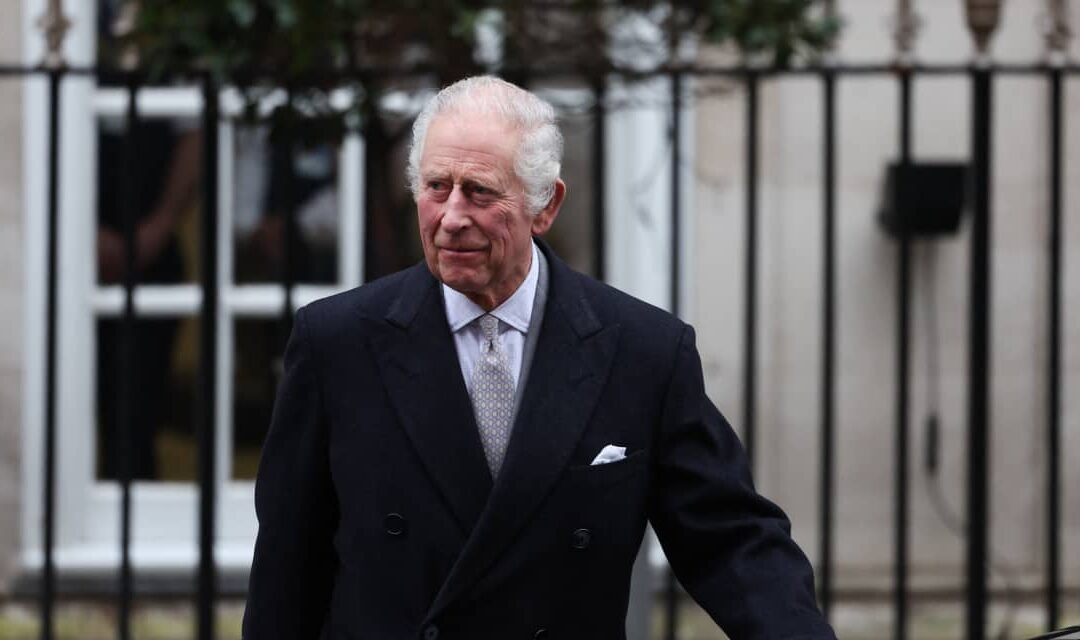Buckingham Palace’s announcement about King Charles’s cancer diagnosis may not be all that unfamiliar for older adults, who are more likely to develop the illness later in life.
Royal officials said the king, 75, had begun treatment after “a separate issue of concern” was found during a procedure for a benign prostate enlargement. King Charles III will postpone his public-facing duties during his regular treatments, the palace said in a statement.
Age is one of the largest risk factors among cancer diagnoses, according to the National Cancer Center. The median age for a cancer diagnosis is 66 years old, though that could be later depending on the type of cancer. For example, the median age for a breast cancer diagnosis is 62, but is 66 for prostate cancer, 67 for colorectal cancer and 71 for lung cancer. “The incidence rates for cancer overall climb steadily as age increases,” the National Cancer Center said.
Adults 75 and older saw the largest percentage increase in reported history of cancer — nearly 25% — in 2019, the Centers for Disease Control and Prevention reported, followed by adults 65-74, adults 55-64, adults 45-54 and lastly adults 18-44 years old.
Royal officials did not clarify what type of cancer King Charles III had.
Immune systems naturally and gradually weaken as a person ages, and that diminishment accelerates in the 60s, which is one of the reasons why there is a connection between a cancer diagnosis and advanced age, according to the City of Hope Cancer Centers. Cell generation in the human body also changes over time, with a higher chance of mutations and defective cells as the years go on.
“The human body is like a copy machine with no off switch that spends its entire life producing copies of new cells to replace those that have died. Like a copier that produces paper copies of copies year after year, over time, those copies may become distorted and look very different than the original or early versions,” City of Hope Cancer Centers said.
Exposures to exterior factors, such as chemicals, occupational hazards, smoking and ultraviolet rays from the sun, are also factors in the link between cancer and age, the City of Hope Cancer Centers said.









